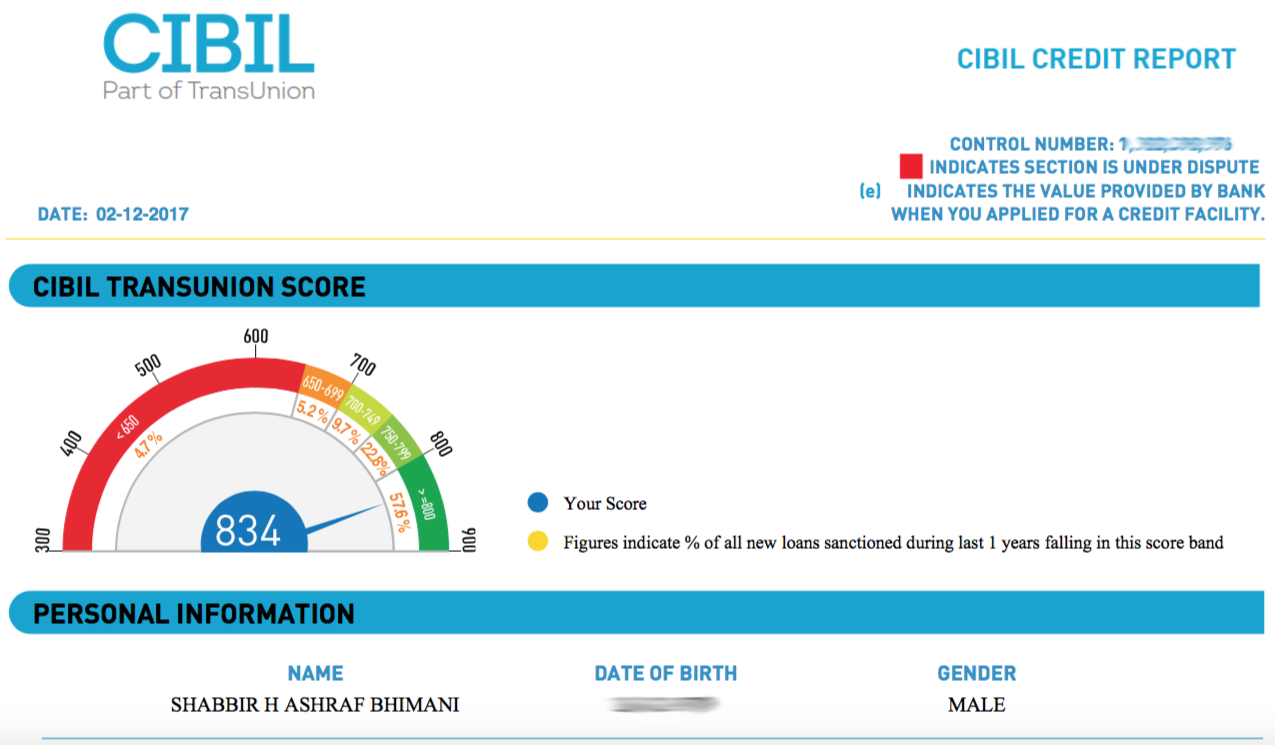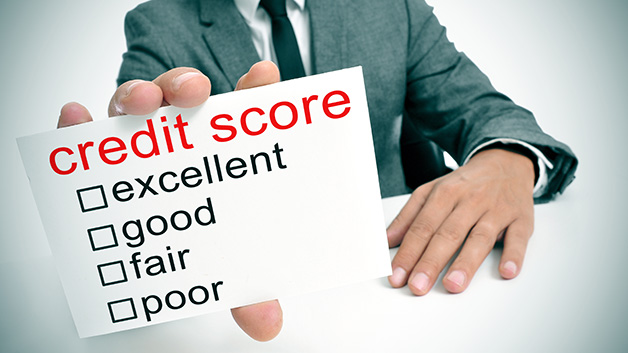
This score ranges from 0 to 100 and breaks down as follows:Įxperian also generates a Financial Stability Risk Rating that measures the risk of a company’s going into bankruptcy or severe financial distress in the next 12 months.

Time in business, the size of your business, and your business’ Standard Industry Classification (SIC) codes are also part of your Experian Business Credit Score. They look at the number of credit transactions, outstanding balances payment habits how much of your available credit you use and the details of any current liens, judgments or bankruptcies. They also look at information available in the public record, including legal filings from local, county and state governments, as well as information from credit card companies, collection agencies, corporate financial information and other databases.Įxperian gathers a lot of data from banks, too. It ranges from 1000 to 1610 lower scores indicate higher risk.Įxperian collects credit information from suppliers and lenders.



PAYDEX Score: The 100-point PAYDEX score reflects how reliably you’ve paid your bills and kept your financial obligations to vendors and suppliers that report to D&B. In addition to business-to-business data submitted by suppliers, D&B also looks at public records, industry data and other historical data in your D&B profile to compile their credit scores, of which the PAYDEX Score is the best-known. They report primarily on how a business interacts with vendors and other suppliers, which is why potential suppliers often look at your D&B reports before they offer your business trade credit. Of the big three, D&B is the only credit bureau that focuses exclusively on business credit. Here’s what you need to know about the business credit bureaus, the information they collect and how it affects your business. However, each commercial credit bureau looks at the information they gather in a slightly different way, which can make understanding business credit reports a bit confusing. Dun & Bradstreet, Experian and Equifax are the “big three” business credit bureaus that generate business credit reports. When you’re trying to get a business loan, establish payment terms with a new vendor or get any type of business credit, your business credit report can be a major factor in your success.


 0 kommentar(er)
0 kommentar(er)
